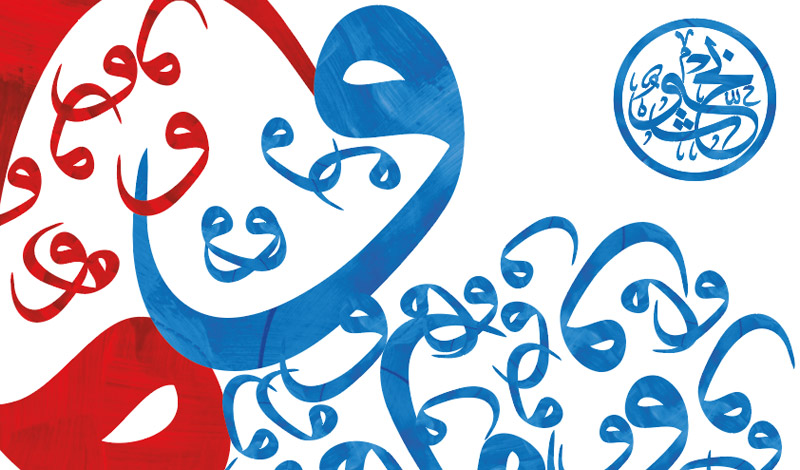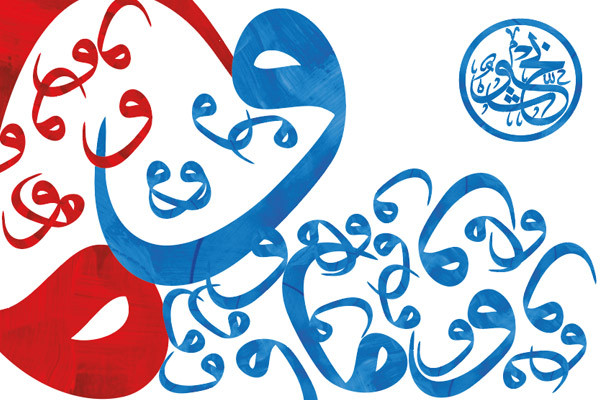Qatar the ‘lone wolf’
Earlier this month Saudi Arabia, the UAE, Bahrain and Egypt took the radical decision to boycott Qatar as a GCC member. A previous eight-month rift occurred in 2014 when Saudi Arabia withdrew their ambassadors from Doha. The justification for this was again Qatari support for militant groups. 2014 did not however witness a boycott which included a land, sea and air ban which is presently apparent. Saudi Arabia, UAE, Egypt and Bahrain have taken the collective stance of confining Qatar by cutting all diplomatic and transport ties with the Gulf nation. The reason for this confinement has been described as Qatar engaging and embracing in multiple terrorist and sectarian groups whose ambitions are to disturb the stability of the region, including the Muslim Brotherhood, Daesh and Al Qaeda.

- by Rebecca Simpson ,
- Wednesday, 28th June, 2017
External commentators are questioning why the exclusion has taken place at this exact time. Many are assuming, that President Trump’s influence during the Riyadh Summit is currently taking the lead as the fundamental facilitator and therefore the final nail in the coffin. With President Trump characteristically taking to social media and tweeting:
‘During my recent trip to the Middle East I stated that there can no longer be funding of radical ideology. Leaders pointed to Qatar- look!’
After this tweet many international observers have taken the general stance that President Trump had more influence in the region than initially anticipated. With many western analysts referring to the latest censorship as a product of ‘Trumpification’ occurring across the Middle East. The opinion that President Trump was the main reason for the boycott remains controversial. Essentially, the US president may well have enhanced diplomatic issues with Qatar but his administration is most certainly not the main cause.
From an aviation perspective, some observers remain intrigued that Emirates, Etihad and Qatar as the three main air carriers of the region, are now arguably engaging in a proxy war and instead of creating a united front as a regional sovereign they are now part of one of the most heightened diplomatic impasses which now actively facilitates growing difficulties for one another. With all flights from the UAE to Doha suspended, observers are comparatively examining the boycott measures being embarked upon and concluding that they are far more severe than previously witnessed in 2014.
For many years, Qatar has been deemed by some international commentators as ‘the lone wolf’. The explanation for this is; Gulf neighbours continue to strive forward and assist the West with the ongoing strategy to combat terrorism whilst rebellion undertones from Qatar remain worryingly prominent. The major issues that augmented Qatar’s affiliations with political Islamism became increasingly apparent in 2011 during the initiation of the Arab Spring. The Egyptian elections witnessed the Muslim Brotherhood enjoying support from Qatar which created an international furore and distinct contempt from Gulf neighbours.
A more recent example of Qatar engaging with terrorist organisations was the kidnapping of 26 members of the Qatari falconry party in southern Iraq which lead to a hostage crisis. Qatar paid $1bn to Iranian and Al Qaeda linked forces and this ransom has arguably been the main catalyst which created the latest boycott from Gulf neighbours. Commentators are viewing this incident as Qatar essentially funding political Islamism and opposing the regional strategy of combatting extremist ideologies. As one Gulf observer examined; ‘the ransom payments are the straw that broke the camel’s back’.
Since diplomatic and transport ties were severed with Qatar, the fundamental issues that have become particularly apparent across international media are twofold. 1. Concerning US bilateral ties with Qatar, President Trump remains overtly supportive of the latest boycott but many external observers remain concerned about al-Udeid, America’s largest airbase in the Middle East. With roughly 10,000 military personnel stationed in Qatar the US administration will now have to make significant strategic and diplomatic decisions which inevitably will add a new dynamic to the region. 2. As one of the world’s largest natural gas providers some commentators are examining the impact within the region and the wider global community if these reservoirs were to be further censored or disconnected.
With regards to the Saudi-led coalition in Yemen Qatari support has now been fully ostracized which will in turn inevitably lead to another changing element of the conflict. With Yemen being a distinctive priority within the region commentators are likely to examine that if Qatar is further pushed towards Iran, the Houthi movement may become increasingly more strenuous to defeat.
International observers have taken the stance that the boycott against Qatar is fully justifiable but many remain concerned that a greater division will now take place which potentially pushes Qatar closer towards Turkey, Iran and Russia. Essentially some commentators believe that relations may now be irreparable. This isolation may become further entrenched within the GCC which inevitably could create increased instability within the region. With fellow nations such as the Maldives, Libya and Yemen aligning themselves with the boycott of Qatar, it has become increasingly apparent that this latest censorship is the last resort after many frustrating attempts to influence and guide Qatar into a civilised world order. Essentially many observers are deeming Qatar as not in alignment with the GCC party line and the vision for a prosperous future.
Commentators are suggesting that the latest boycott placed on Qatar is solely concerned with the strategic direction of the GCC. The boycott aims to realign the internal and external Qatari policy in order to guide Qatar into the GCC order and away from the funding and support of terrorism. Essentially the disagreement between Gulf neighbours and Qatar surrounds political Islam and continuing differing opinions concerning the outlook and support for such groups. The common ground of the GCC that aims to combat terrorism is currently not being adhered to by Qatar. For the greater good of the region and indeed the wider global population, the censorship in place is a last resort after years of attempting to influence Qatar’s stance as a GCC member.
In conclusion commentators are describing the latest boycott on Qatar as the worst diplomatic crisis in the region since the Gulf War in 1991. Inevitably the Gulf sphere will now be subject to a sharply changing dynamic. After the latest attack in Tehran it is apparent that the aftermath of the Qatari boycott could become the foundations of a much wider global concern. The western world is taking the general stance that the Emirates is a beacon of prosperity when regarding the global fight on terror and the combatting of political Islamism. It remains apparent that the impact of boycotting Qatar and severing all diplomatic and transport ties will without doubt facilitate a changing regional order. It remains apparent that the censorship placed on Qatar is concerned with the long-term vision of the GCC as opposed to any level of intended political segregation. As Amb Omar Ghobash has quoted; ‘this is not bullying. This is demanding a higher standard throughout the region’.

Rebecca Simpson
Read More
Areas of Expertise
- Political Ideologies
- International Relations
- Security
- Extremism and Terrorism
- The Arab Uprising
- Israeli/Palestinian Conflict
- Geopolitical Affairs
Education
- BA 2:1 Hons Politics
- MA International Relations and Security
- Graduate Diploma in Law
Bio
Rebecca graduated from Liverpool in 2011 and earned a bachelor’s degree with honors in Politics. Rebecca continued her academic career and went on to study a master’s in international Relations and Security specializing in Middle Eastern Studies and producing one of the first comprehensive analysis regarding the Arab Uprising and the impact on the Israeli- Palestinian conflict. Rebecca was the president of the politics society whilst at university. Rebecca further studied a Graduate Diploma in Law; she has worked for two members of Parliament in the UK. After growing up in Portugal and becoming bilingual Rebecca has a passion for languages and is currently learning Arabic.

